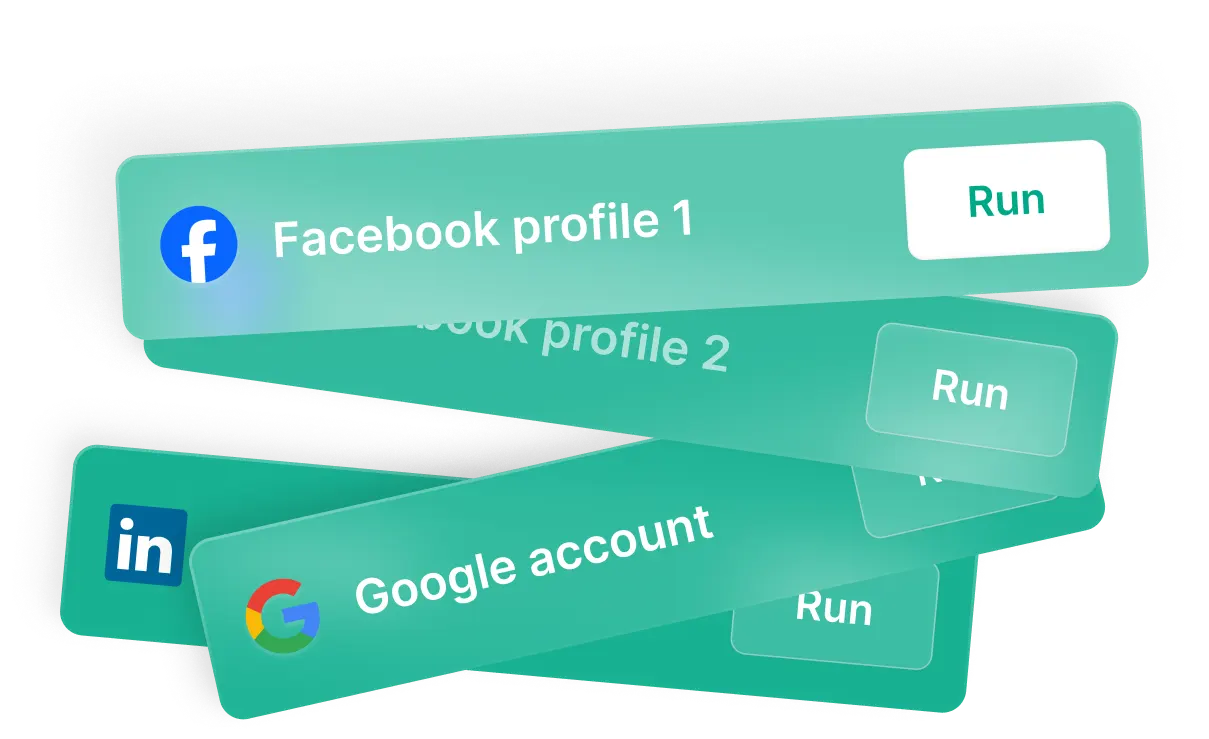Google Ads is a software platform used by Google to power its ad network. Advertisers select relevant keywords for their products and set their budget for campaigns.
The ads are displayed at the top of Google’s search engine results page (SERP) or on third-party websites and apps when someone searches for one of these keywords. Billing is based on a pay-per-click (PPC) model, meaning advertisers are only charged if someone actually clicks on their ad.
5 Best Practices
- Keyword Research: Use tools like Google’s Keyword Planner to find high-volume, low-competition keywords that are most relevant to your product or service.
- Write Compelling Ad Copy: Your ad copy should be compelling and include a clear call-to-action (CTA).
- Optimize Landing Pages: Ensure that the landing page your ad leads to is highly relevant, easy-to-navigate, and encourages visitors to take action.
- Monitor & Adjust Bids Regularly: Regularly review your bid strategy and adjust bids as necessary to maximize return-on-investment (ROI).
- Set Up Conversion Tracking: This allows you to measure the effectiveness of your ads in driving desired actions
5 Potential Google Ads Pitfalls:
- Ignoring Negative Keywords: Not using negative keywords can lead to irrelevant clicks which waste budget .
- Poor Quality Landing Page: If users don’t find what they’re looking for after clicking an ad , they’ll likely leave immediately.
- Overbidding For Keywords: Paying too much per click might exhaust budget quickly without yielding proportionate returns.
- Neglecting Mobile Users: Failing to optimize ads for mobile could result in missed opportunities as many people use smartphones for online browsing.
- Not Testing Different Ads: Without A/B testing different ad variations , you might miss out on more effective options.
5 Benefits of Google Ads compared to Facebook Ads
- Intent-Based Advertising: Google Ads capture users actively searching for specific products, services or information, making it more intent-based and potentially leading to higher conversion rates.
- Broader Reach: Google has a larger audience reach due to its extensive network which includes search engine results page (SERP), YouTube, Gmail and millions of partner websites.
- Better for Immediate Sales: Since people often use Google when they are ready to buy, it can be more effective for driving immediate sales compared to Facebook ads.
- Higher Potential Traffic: Due to the sheer volume of daily searches, well-optimized Google Ads have potential for high traffic.
- Local SEO Advantage: For local businesses, using location-targeted keywords can help them appear prominently in local search results.
Remember though that each platform has its own strengths and the choice between them should depend upon your business goals, target audience & budget considerations.
